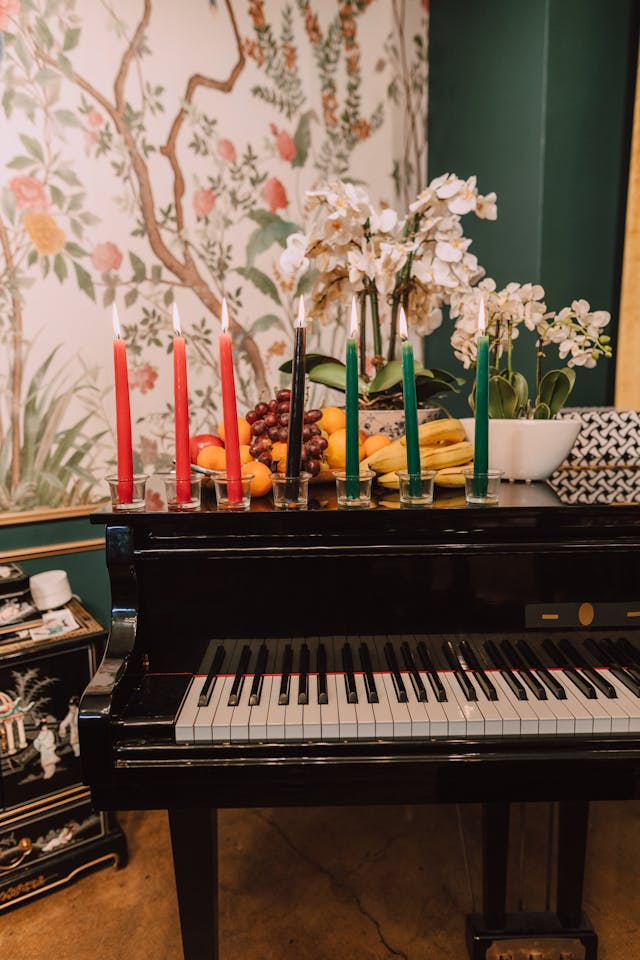Culture
The Seven Principles of Kwanzaa
Kwanzaa is a seven-day non-religious holiday observed in the US, meant to honor African Americans’ ancestral roots.

December 26 marks the start of Kwanzaa, also spelled Kwanza.
Seven principles of Kwanzaa
It’s a seven-day non-religious holiday observed in the US, meant to honor African Americans‘ ancestral roots. The celebration lasts until January 1.
The name comes from the Swahili phrase “matunda ya kwanza,” which means “first fruits.”
Created in 1966 by Maulana Karenga, a Black nationalist and professor of Pan-African studies at California State University at Long Beach, Kwanzaa became popular in the 1980s and 1990s in conjunction with the black power movement.
The holiday is defined by Nguzo Saba, or the seven principles.
Each day they light a candle to highlight the principle of that day and to breathe meaning into the principles with various activities, such as reciting the sayings or writings of great black thinkers and writers, reciting original poetry, African drumming, and sharing a meal of African diaspora-inspired foods.
Here are the seven principles of Kwanzaa:
Discover more from Unheard Voices Magazine
Subscribe to get the latest posts sent to your email.
-

 Crime & Justice2 weeks ago
Crime & Justice2 weeks agoBlack couple survives alleged racist attack, car crash in rural Virginia
-

 Black And Missing2 weeks ago
Black And Missing2 weeks agoBody of missing North Carolina teen Giovanni Pelletier found in Florida retention pond, family confirms
-

 Crime & Justice2 weeks ago
Crime & Justice2 weeks agoFlorida teen arrested after allegedly killing parents
-

 Crime & Justice3 days ago
Crime & Justice3 days agoAlabama mother sues state workers after 3-year-old son dies in scorching hot car
-

 News2 weeks ago
News2 weeks agoFamily seeks justice for San Antonio, TX woman fatally mauled by pitbull dog
-

 Community5 days ago
Community5 days agoNew Jersey mourns Esiyah Dixon-Waheed, pageant queen, HBCU alumna, killed in Missouri drunk-driving crash
-

 Crime & Justice2 days ago
Crime & Justice2 days agoVirginia man sentenced to life for murder of New Jersey councilwoman Eunice Dwumfour
-

 Community2 weeks ago
Community2 weeks agoA New York City hospital needs help identifying woman hospitalized over 100 days





















